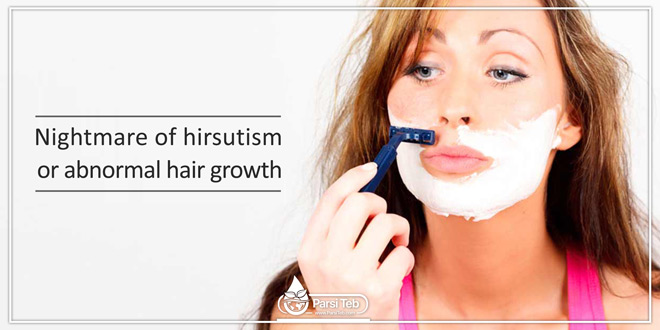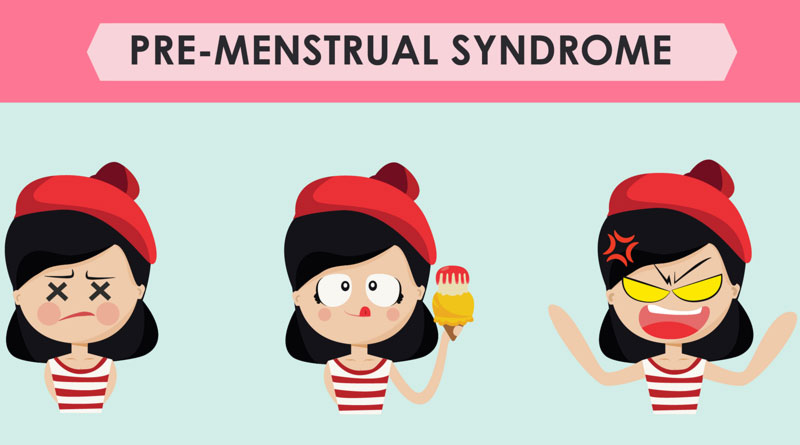What Is Excessive or Unwanted Hair in Women?
hirsutism: Excessive or unwanted hair that grows on a woman’s body and face is called hirsutism. All women have facial and body hair, but this hair is usually very fine and light in color.
The main difference between normal hair—often called “peach fuzz”—and hirsutism is the texture. Excessive or unwanted hair that grows on a woman’s face, arms, back, or chest is usually coarse and dark in color. The growth pattern of hirsutism is similar to that of normal hair growth of males.
The presence of excess body hair can be embarrassing, but it isn’t dangerous. However, the hormonal imbalance that can lead to hirsutism may compromise a woman’s health.
Why Do Women Grow Excessive or Unwanted Hair?
Women develop excessive body or facial hair due to higher-than-normal levels of male hormones. Male hormones are called androgens, and they include testosterone. All females produce androgens, but the levels normally remain low. Certain medical conditions can cause a woman to produce too many androgens, causing male-pattern hair growth and other unwanted male characteristics, such as a deep voice.
Polycystic ovarian syndrome (PCOS) is a common cause of hirsutism. Benign cysts that form on the ovaries can affect hormone production, leading to irregular menstrual cycles and decreased fertility. Women with PCOS often have moderate-to-severe acne, tend to be overweight, and may be at risk for diabetes, according to the National Institutes of Health (NIH, 2011).
Other forms of hormonal imbalance that cause excessive hair growth include the following adrenal gland disorders:
- adrenal cancer
- adrenal tumors
- congenital adrenal hyperplasia
- Cushing disease
The adrenal glands are located above your kidneys and are responsible for hormone production. People with congenital adrenal hyperplasia are born without an enzyme that is necessary for hormone production. Those withCushing disease have higher-than-normal levels of cortisol. Cortisol is sometimes called the “stress hormone.” All of these conditions can affect the way your body produces androgens.
You could also experience excessive body or facial hair growth if you take any of the following medications:
- Minoxidil
- anabolic steroids
- testosterone
- cyclosporine
Hirsutism tends to run in families. You may be more likely to have unwanted hair growth if your mother, sister, or another female relative does.
Diagnosing Hirsutism
Your doctor will take a detailed medical history when diagnosing hirsutism. Discuss your medication use with your doctor to help him or her determine the cause of your condition. Your doctor will order blood tests to measure your hormone levels.
Ultrasound or MRI scans of your ovaries and adrenal glands may be conducted to check for the presence of tumors or cysts.

Treatment for Excessive or Unwanted Hair
Medical treatment may be required if excessive hair growth is a symptom of adrenal disorders or PCOS. Drug therapy in the form of antiandrogen medications and birth control pills can help balance your hormone levels. Birth control pills may also cause the cysts on your ovaries to shrink. These drugs are usually taken as a long-term solution for hirsutism. You will most likely notice improvement after three to six months of drug therapy.
Your doctor may prescribe the medicated cream eflornithine to reduce the growth of facial hair. Your facial hair growth should slow after one to two months. Side effects of eflornithine include skin rash and irritation.
If you are overweight, your doctor will probably suggest that you lose weight to reduce your hair growth. Obesity can change the way your body produces and processes hormones. Maintaining a healthy weight may correct your level of androgens without the use of medication.
Hair Removal
Hair removal techniques are used for nonmedical management of excessive or unwanted hair. These are the same hair removal methods that many women use to keep their legs, bikini line, and underarms free of hair. If you suffer from hirsutism, you may just need to be more proactive about waxing, shaving, and using depilatories (chemical foams).
Laser hair removal and electrolysis can also be effective at permanently eliminating coarse, unwanted hair. Laser hair removal involves using concentrated light rays to damage your hair follicles. Damaged follicles cannot produce hair, and the hair that is present falls out. Electrolysis is the removal of hair using an electric current. Both of these methods can be expensive and require several sessions to achieve the desired results.
Outlook for Excessive or Unwanted Hair
Excessive or unwanted body and facial hair is a long-term challenge. Most women who are diagnosed with hormonal imbalances respond well to treatment, but the hair can grow back if your hormone levels again become out of sync. The condition can be embarrassing and may make you self-conscious. Counseling and support from friends and family can help you to cope with the condition.
Reference:
 Parsi Teb Physical and Mental Health Journal
Parsi Teb Physical and Mental Health Journal 




